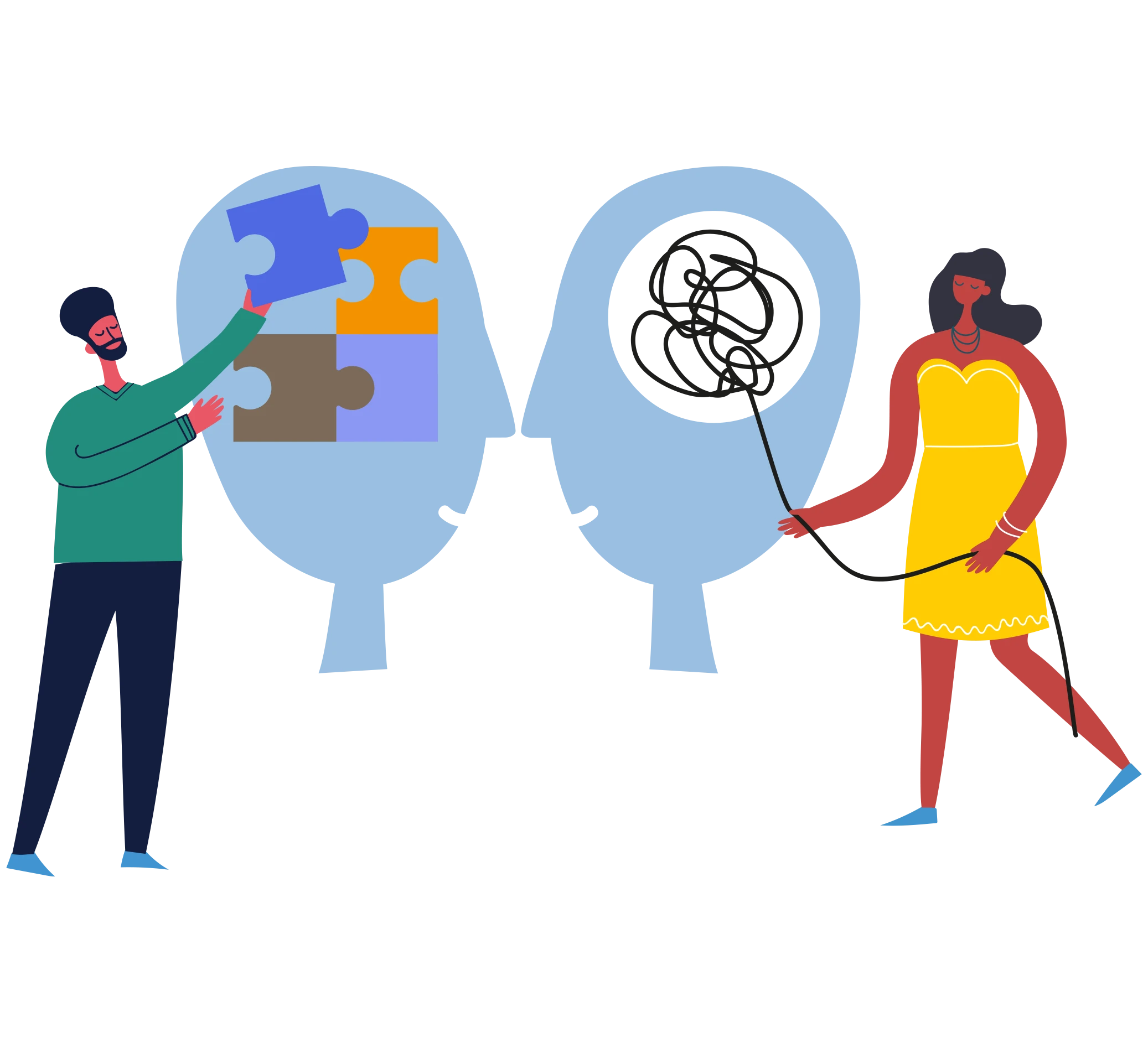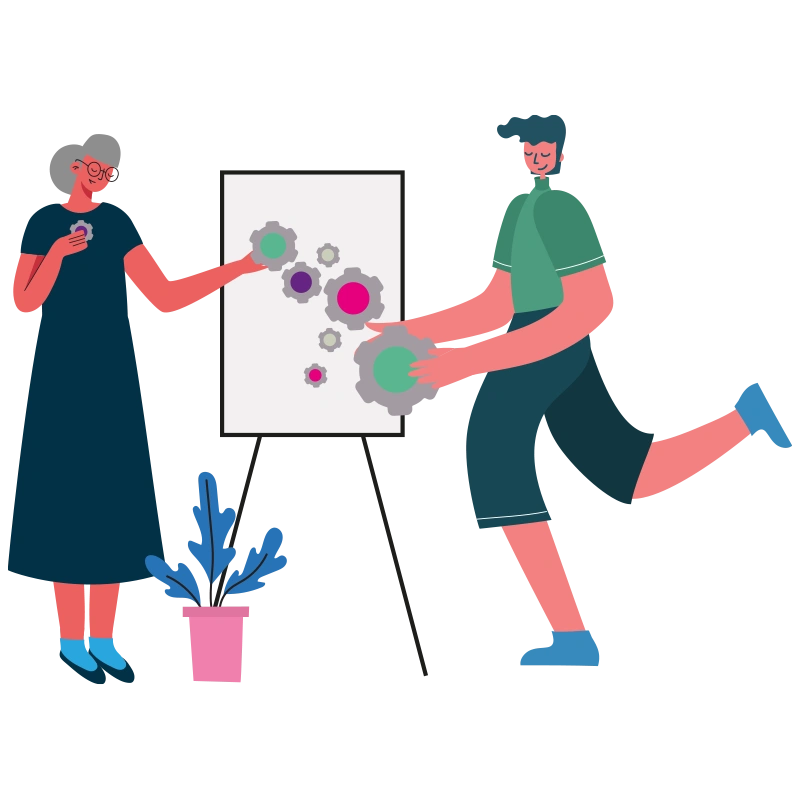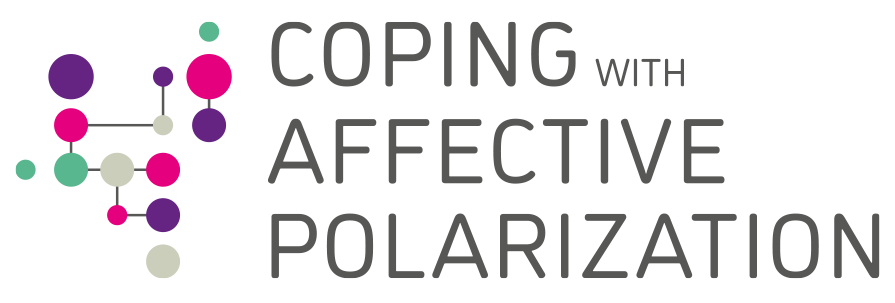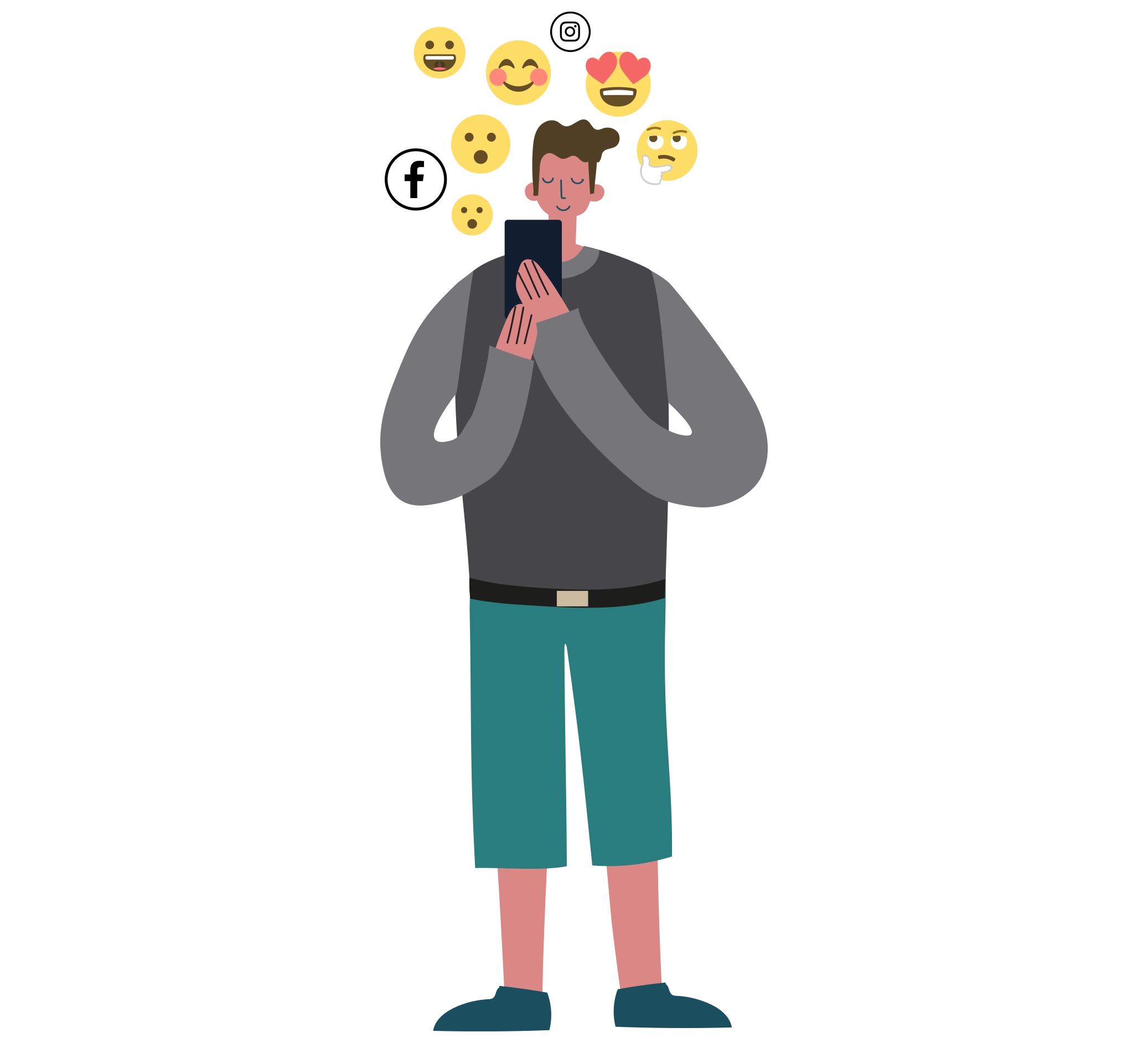Research
Our Einstein Research Unit “Coping with Affective Polarization” consists of five interconnected research streams that tackle our overarching research aims: Monitoring affective polarization; Understanding its mechanisms and influencing factors at the individual, social interaction and civil society group level; as well as Developing Interventions to mitigate its negative effects by fostering social cohesion.
At the heart of our research is the Berlin Polarisation Monitor, a large-scale, long-term survey designed to track the dynamics of affective polarization over time. Building on this data infrastructure and additional data collections, the three research streams – “Individuals”, “Social Interactions” and “Civil Society Groups” – explore the mechanisms of affective polarization and the factors influencing its development. Our goal is to identify resources that empower individuals and civil society groups to mitigate the harmful consequences of affective polarization.
The empirical insights gained from these research streams will inform the Civil Society Interventions Lab, where we collaborate closely with civil society partners to develop and implement impactful interventions at both the individual and group levels.
Our Research Streams
Lead Coordinator:
Prof. Dr. Hanna Schwander
Principal Investigators:
Prof. Dr. Thorsten Faas, Prof. Dr. Denis Gerstorf, Prof. Dr. Hanna Schwander, Prof. Dr. Jule Specht, Prof. Dr. Céline Teney
Postdoctoral Researcher:
Dr. Bastian Becker
Doctoral Researcher:
Luke Shuttleworth
The Berlin Polarization Monitor is the key data infrastructure of our Einstein Research Unit. It is based on a large-scale longitudinal panel survey that monitors feelings of in-group affinity and out-group aversion.
Our monitor captures both the degree and dynamics of affective polarization asking questions such as: How pronounced is affective polarization in Germany and across social contexts? In doing so, the Berlin Polarization Monitor facilitates the assessment of various dimensions of affective polarization, particularly in the context of emotionally charged issues – from long-standing debates to more current topics such as the war in Ukraine.

Lead Coordinator:
Prof. Dr. Jule Specht
Principal Investigators:
Prof. Dr. Malek Bajbouj, Dr. Ronja Demel, Dr. David Schieferdecker, Prof. Dr. Hanna Schwander, Prof. Dr. Jule Specht
Postdoctoral Researcher:
Dr. Nadine Knab, Dr. Larissa Knöchelmann, Dr. Lucas Köhler
People vary in how strongly they experience and react to affective polarization. Some are more likely than others to divide people into “us” and “them,” feeling closer to those who share their views and more negative toward those who do not. These differences also manifest in behavior, ranging from cooperation to hate speech. These tendencies are shaped by individual factors such as personality traits, emotional regulation skills, and mental health.
To better understand these dynamics, this Research Stream brings together insights from psychology, psychiatry, communication and political science. Aiming to gain a comprehensive understanding of the psychological roots of affective polarization, we focus on three key areas: personality characteristics, socio-emotional competencies, and mental health.

Lead Coordinator:
Prof. Dr. Christian von Scheve
Principal Investigators:
Prof. Dr. Denis Gerstorf, Prof. Dr. Ursula Hess, Prof. Dr. Jan Slaby, Prof. Dr. Christian von Scheve
Postdoctoral Researcher:
Dr. Stefanie Hechler
Doctoral Researcher:
Diego Dametto
Social encounters play a crucial role in affective polarization. While positive interactions between individuals with opposing political views are often seen as a way to reduce hostility, these interactions can also reinforce polarization.
This Research Stream aims to deepen our understanding of the psycho-social mechanisms that shape social interactions within and between politicized groups and how these interactions influence affective polarization. Specifically, we focus on nonverbal behavior and emotional expression in political encounters, such as emotional contagion and mimicry, to study how emotions are transferred between individuals in different political contexts.

Lead Coordinator:
Prof. Dr. Swen Hutter
Principal Investigators:
Prof. Dr. Swen Hutter, Prof. Dr. Barbara Pfetsch, Prof. Dr. Simon Koschut
Postdoctoral Researcher:
Dr. Clara van den Berg, Dr. Rico Neumann
Collective actors within civil society play a crucial role in articulating and mobilizing sentiments. In online public spheres, the sorting of group-based differences is facilitated and accelerated, highlighting the need for effective strategies to navigate such polarized information environments. Our goal is to identify and classify such coping strategies in the context of civil society which entails very different public demands and influences.
How affective polarization, including its consequences, is reflected in our communication, language and social networks, and which strategies groups and organizations in civil society employ to cope with these challenges is the main focus of this Research Stream.

Lead Coordinator:
Prof. Dr. Malek Bajbouj
Principal Investigators:
Prof. Dr. Malek Bajbouj, Dr. Ronja Demel, Prof. Dr. Thorsten Faas, Prof. Dr. Denis Gerstorf,
Prof. Dr. Simon Koschut
Postdoctoral Researcher:
Dr. Nadine Knab
In our Civil Society Interventions Lab, we aim to develop and test various intervention strategies to mitigate the detrimental effects of affective polarization at both the individual and group levels.
Using a range of scientific methods, we translate our research findings into targeted interventions, such as supporting individuals in managing stress related to affective polarization and promoting constructive interactions between opposing groups. We collaborate closely with our partners from civil society organizations to ensure the feasibility and real-world applicability of the intervention strategies developed.





